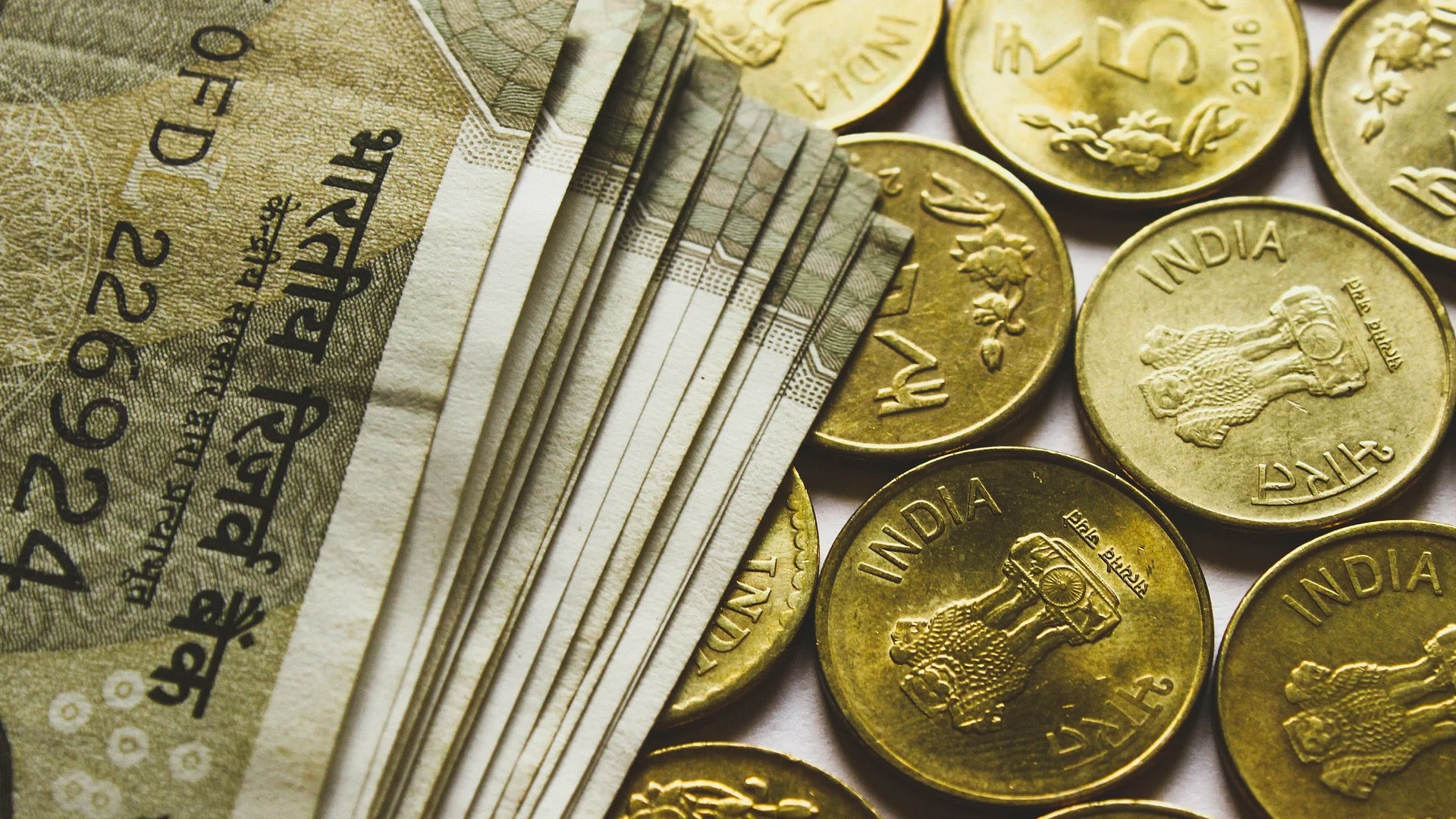Business
RBI panel suggests host of steps to accelerate internationalisation of Indian rupee
An RBI-appointed committee has suggested various measures, like allowing Indian banks to offer services in rupee overseas, permitting non-residents to open INR accounts, and withdrawing withholding tax on masala bonds, to accelerate the pace of internationalisation of the domestic currency.
The report of the Inter-Departmental Group (IDG) on Internationalisation of INR also suggested that in the process of attaining the objective of INR as a “Vehicle Currency”, the Reserve Bank may target the inclusion of the INR in the IMF’s Special Drawing Rights (SDR) basket. An international currency is used and held beyond the borders of the issuing country for transactions between residents and non-residents, and between residents of two countries other than the issuing country. The internationalisation of a currency is also closely interlinked with the nation’s economic progress especially its prominence in global trade.
Also read: Data protection bill gets Cabinet nod; to be tabled during Parliament monsoon session
“The measures for promoting internationalisation of INR would involve steps towards parallelly liberalising the capital account, promoting international usage of INR, and strengthening financial markets… “The IDG is of the view that internationalisation is a process rather than an event, with continuous efforts to build upon all the initiatives that have been taken in the past,” the report released by the RBI on Wednesday said. The committee was headed by RBI executive director R S Ratho. The panel has suggested use of existing bilateral and multilateral payment and settlement mechanisms, such as ACU, to internationalise INR by encouraging/enabling its usage as an additional settlement currency in these mechanisms, besides operationalising swaps in local currencies.
It further said the ability to open accounts outside the country of the currency is a foundational element of the internationalisation of a currency. Initially, the report said non-residents (other than banks) may be allowed to open INR accounts only with the overseas branches of Authorised Dealers (ADs) to undertake current and capital account transactions permitted under the FEMA, 1999. “At a later stage, based on the experience of implementation and readiness of the system, permitting the opening of an INR account with any overseas bank and without any restrictions in terms of purpose, including for transactions between two non-residents, may be considered,” it suggested.
The availability of a robust INR denominated payment mechanism’ providing timely settlements and inter-bank transfers would also be an important step towards internationalisation of INR. The committee has also made several suggestions, like moving towards a global 24×5 INR market, to strengthen financial markets. Recalibrating the FPI regime, equal treatment to exporters invoicing and settling in INR, and harmonising of KYC requirements are some of the other measures suggested by the panel. In medium terms, the report made a case for liberalisation of masala bonds framework. “Waiver of the withholding tax for masala bond issuances will reduce the cost of issuance and thereby the cost of capital. This may be examined by the concerned authorities,” it said.
The objective of the IDG was to review the extant position of INR as an international currency and to frame a road map for the internationalisation of INR. The IDG has since submitted its report containing its final set of recommendations. The report and its recommendations reflect the views of the IDG and do not in any way reflect the official position of the Reserve Bank of India. The recommendations of the report will be examined for implementation, it said. The IDG said that over the long term, India will achieve higher level of trade linkages with other countries and improved macro-economic parameters, and INR may ascend to a level where it would be widely used and preferred by other economies as a ‘vehicle currency’.











































Pingback: Veritas Finance raises Rs 1,200 crore from Multiples PE, others